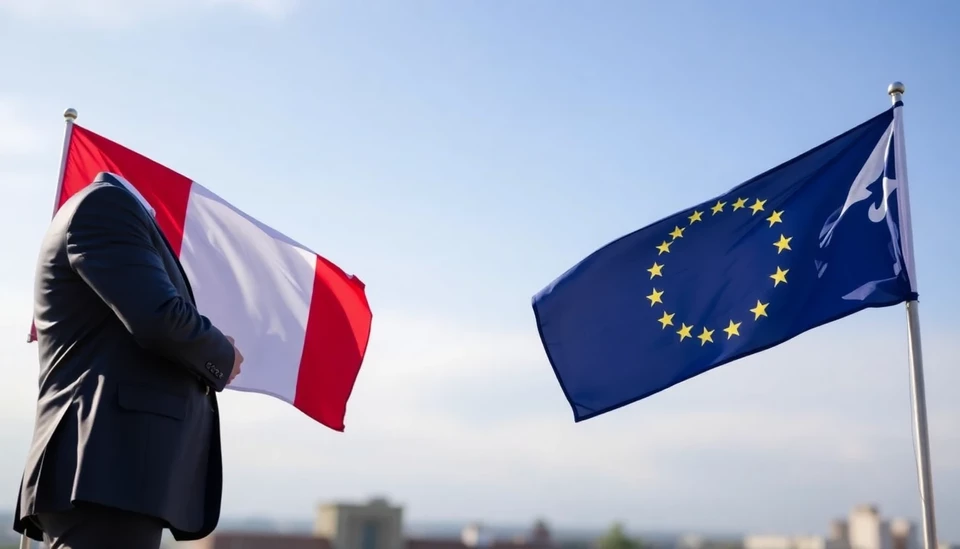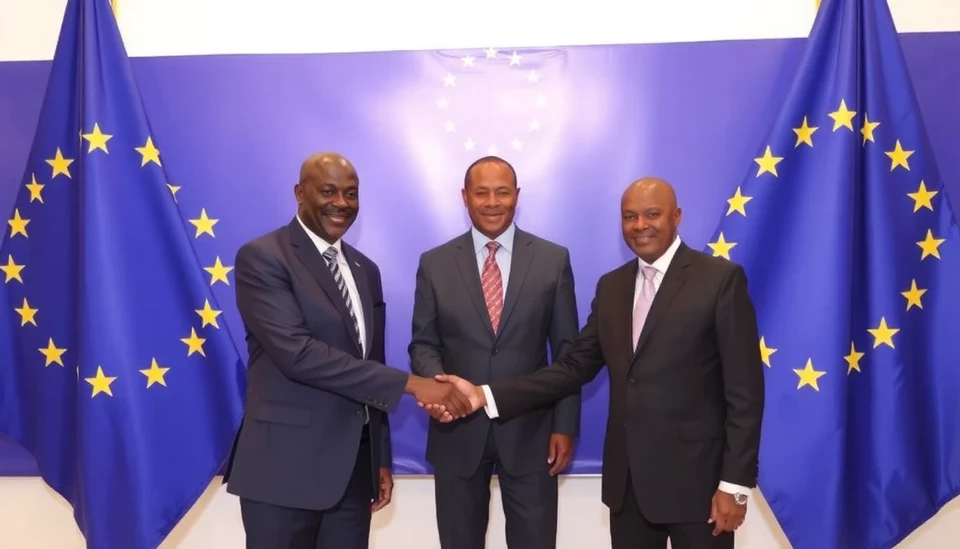
The European Union has successfully finalized a long-anticipated trade agreement with the South American bloc Mercosur, which consists of Argentina, Brazil, Paraguay, and Uruguay. This pivotal deal has been under negotiation for over two decades and marks a significant milestone in the EU's efforts to deepen its economic ties with Latin America. The agreement comes despite resistance from French President Emmanuel Macron, who has been vocal about his concerns regarding environmental standards and agricultural competitiveness.
After extensive discussions, the EU has managed to quell Macron's objections by incorporating stronger provisions aimed at environmental protection and sustainable trade practices. Both parties have agreed to work together to ensure that the provisions are implemented effectively, which is expected to enhance the overall legitimacy of the deal amidst criticisms.
The Mercosur deal represents enormous potential for EU member states, granting European businesses increased access to a market of nearly 300 million consumers. Analysts predict that the agreement will pave the way for expanded trade in a variety of sectors including agriculture, automotive, and consumer goods, creating a more integrated economic landscape across continents.
During the negotiations, crucial considerations were given to concerns over deforestation and unsustainable agricultural practices in Brazil, especially given the Amazon rainforest's significance in global ecology. The EU has insisted on commitments from Mercosur to uphold environmental standards that align with international agreements on climate change. This move is designed to mitigate the backlash from critics who argue that the trade deal could undermine efforts to curb deforestation.
Macron's initial stance against the agreement stemmed primarily from fears that it would increase competition for French farmers, potentially compromising local agricultural livelihoods. However, following recent revisions and assurances from Mercosur leaders regarding sustainability, the French government has signaled a willingness to move forward with the deal.
Supporters of the agreement celebrate this as a landmark victory for the EU, signaling its intent to assert its influence in the global trade arena. The deal not only promises economic growth but also reinforces the EU’s position on global trade norms, forcing countries to adhere to environmental commitments in exchange for trade privileges.
As the EU prepares to ratify the deal, member states are expected to engage in discussions focused on specific sectors most affected by the trade agreement. Additionally, the EU will closely monitor compliance from Mercosur nations regarding their pledges on sustainability to ensure that both parties benefit from the agreement without sacrificing ethical standards.
This trade deal is seen as a substantial step towards greater cooperation between Europe and Latin America, fostering not just economic ties, but also promoting shared values and mutual respect for sustainable practices on a global scale.
As industries prepare for the impending changes, the focus will now shift towards implementing the agreement efficiently, addressing any remaining farmer concerns, and ensuring that environmental commitments are upheld as anticipated.
With broader implications for international trade relationships, this agreement could signal a new chapter in how global economies interact, particularly in relation to sustainability and environmental advocacy.
#EU #Mercosur #TradeDeal #Sustainability #EconomicGrowth #EmmanuelMacron #EnvironmentalProtection #GlobalTrade
Author: Rachel Greene




